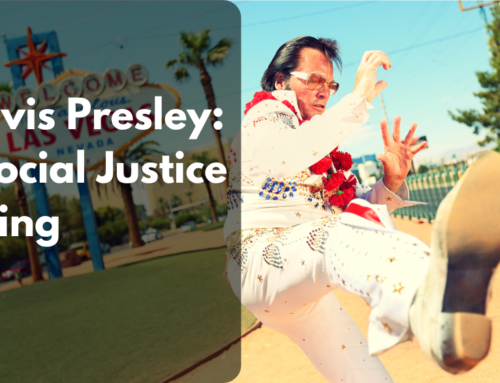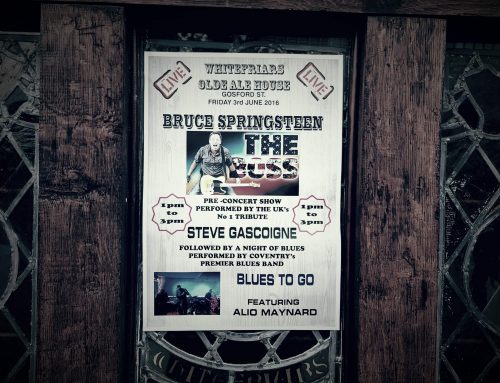Every time I’ve gone out this week I’ve encountered this poster advertising The Final Destination, the fourth and latest installment in the popular teen horror movie franchise. Now, I haven’t really paid much attention to any installments of popular teen horror movie franchises since I was about – well – twelve, but this poster really caught my eye. It had nothing to do with its macabre imagery, its (not one, but two) toe-curlingly bad taglines or its tantalising promise of GLORIOUS, EYE-POPPING 3D (at selected theaters, see local press for details). No, it was something altogether less obvious. Something that was actually hidden in the title of the film.
It was the word “The”.
Over the past decade, the motion picture industry seems to have turned its back on the humble definite article: Hollywood, it seems, has fallen out with the word “The”. If you don’t believe me, then just look at some of the remakes that have rolled off the Dream Factory’s production line in recent years. Films that formerly had a ‘The’ at the top of their titles have been reworked, rebranded and stripped of their definite articles. When Steven Spielberg updated HG Welles’ The War of the Worlds in 2005, for instance, he dropped the ‘The’ and simply called it War of the Worlds. So, too, did the various filmmakers responsible for the remakes of The Poseidon Adventure (2006’s Poseidon), The Flight of the Phoenix (2004’s Flight of the Phoenix), The Mean Machine (2001’s Mean Machine) and even The Bad New Bears (2005’s Bad News Bears).
Television’s been guilty of this, too. The recent ‘reimagining’ of 70s slo-mo superhero The Bionic Woman was called, you guessed it, Bionic Woman. Maybe the programme makers felt that it would take more than Zoe Slater from EastEnders to distance it the Lindsey Wagner original. ‘This isn’t your momma’s Bionic Woman!’ they urged, with a note of desperation in their voices. ‘Watch, as we ruthlessly strip away all those layers of 1970s kitsch… those Age of Beige signifiers like bell-bottom trousers, Formica furniture and the word “The”.’
It’s no wonder their show got cancelled.
Why do these people do this? What’s wrong with the word ‘The’, anyway? Many of my favourite films, bands and books have had a ‘The’ in their title. It all sounds like focus group folly and marketing voodoo to me, but maybe I’m being too harsh. Maybe the film and programme makers are just trying to create some kind of implication of urgency in their titles. In that sense, then, maybe this is just a modern variation of that long since fallen-out-of-favour fad of sticking an exclamation mark at the end of a movie title. Films like John Wayne’s McLintock! Blaxploitation sequel Shaft’s Big Score! Hammer’s Frankenstein Must Be Destroyed! and – God bless it – Airplane! were movie titles that seemed to shout, scream and holler for your attention. They were nothing if not emphatic. That sort of brazen use of punctuation may seem rather clumsy to modern sensibilities, but is it any different to way in which modern Hollywood likes to send its nouns out unaccompanied? If that’s the case, then Ang Lee’s Hulk is no less grammatically gratuitous than Faster Pussycat! Kill! Kill!
Personally, I blame it all these definite article abandonment issues on James Cameron. The first time I noticed a conspicuously missing ‘The’ was with his 1997 mega-smash, Titanic. Prior to that, as far as I can remember at least, the titular ship was always referred to as ‘The Titanic’, but throughout Cameron’s film it was constantly referred to as ‘Titanic’. (“You can be blasé about some things, Rose, but not about Titanic”; “The press knows the size of Titanic. Now I want them to marvel at her speed
I’m no Titanicologist, though, so maybe I got it wrong. Cameron famously went to great lengths (and, literally, great depths) to research the film. Maybe contemporaries did refer to it as ‘Titanic’, and maybe I’d been influenced by subsequent generations’ corruption of the name.
But I doubt it. The ill-fated Star Trek series Enterprise, for instance, wasn’t called The Enterprise. During the episodes I watched (which, I must admit, wasn’t many) the titular ship was always referred to as Enterprise. No ‘The’, just ‘Enterprise’. Now, I may not be a Titanicologist, but I do know a thing or two about Star Trek. Captain James T. Kirk always referred to his ship as The Enterprise – as, too, did his successor, Jean Luc Picard – but the creators of Enterprise chose to ignore the combined wisdom of these illustrious veterans of franchised space drama. It’s no wonder their show got cancelled, too.
Maybe The Final Destination represents the first signs of a backlash against this annoying trend. If so, then it can’t come soon enough. After all, there are times when a noun shouldn’t be allowed out unaccompanied. Then again, knowing Hollywood, the pendulum will probably swing too far in the opposite direction. We’ll probably end up with a veritable cavalcade of ill-considered remakes featuring the indiscriminate use of the definite article.
After all, none of us want to end up watching The Casablanca, The Chinatown or The Citizen Kane…









Leave A Comment